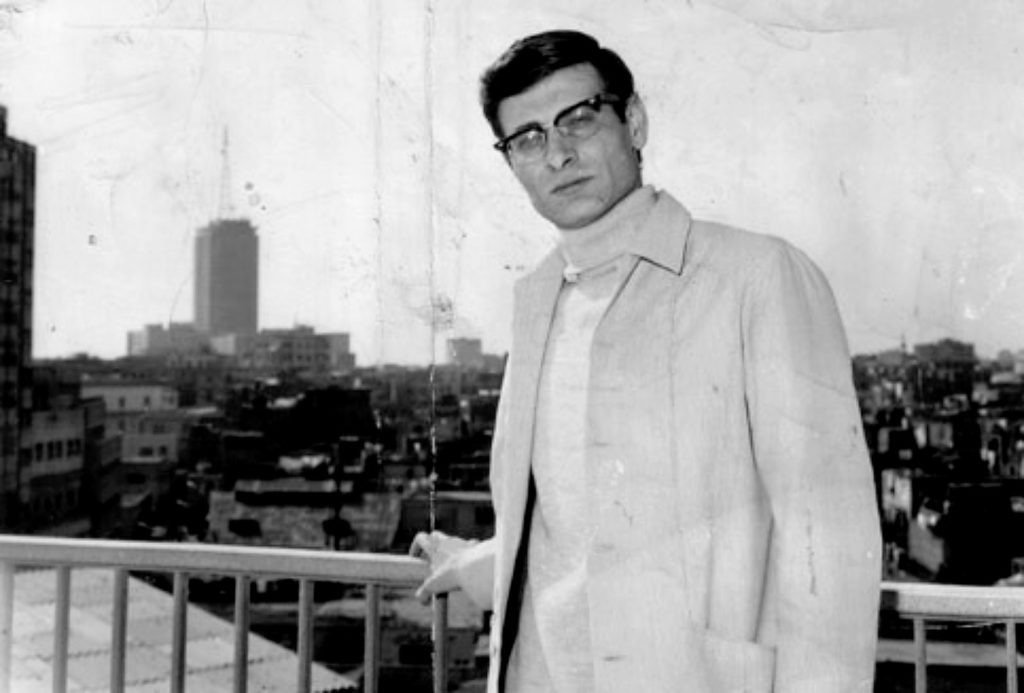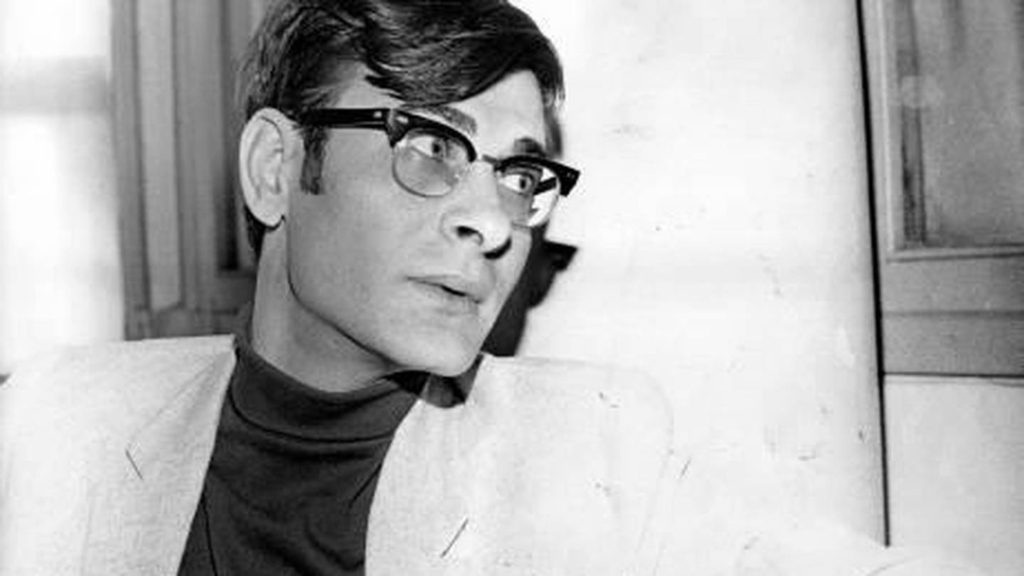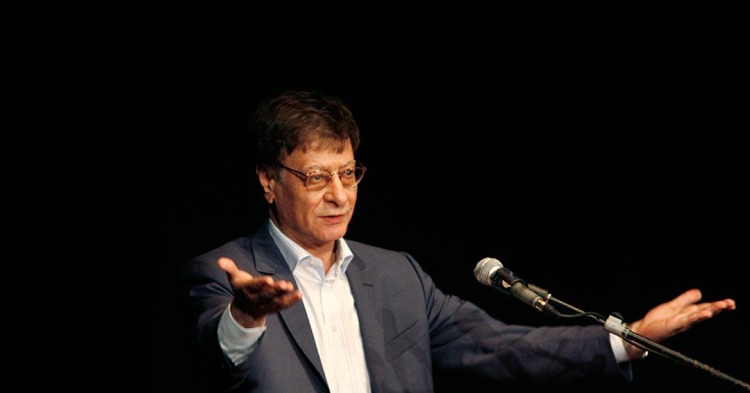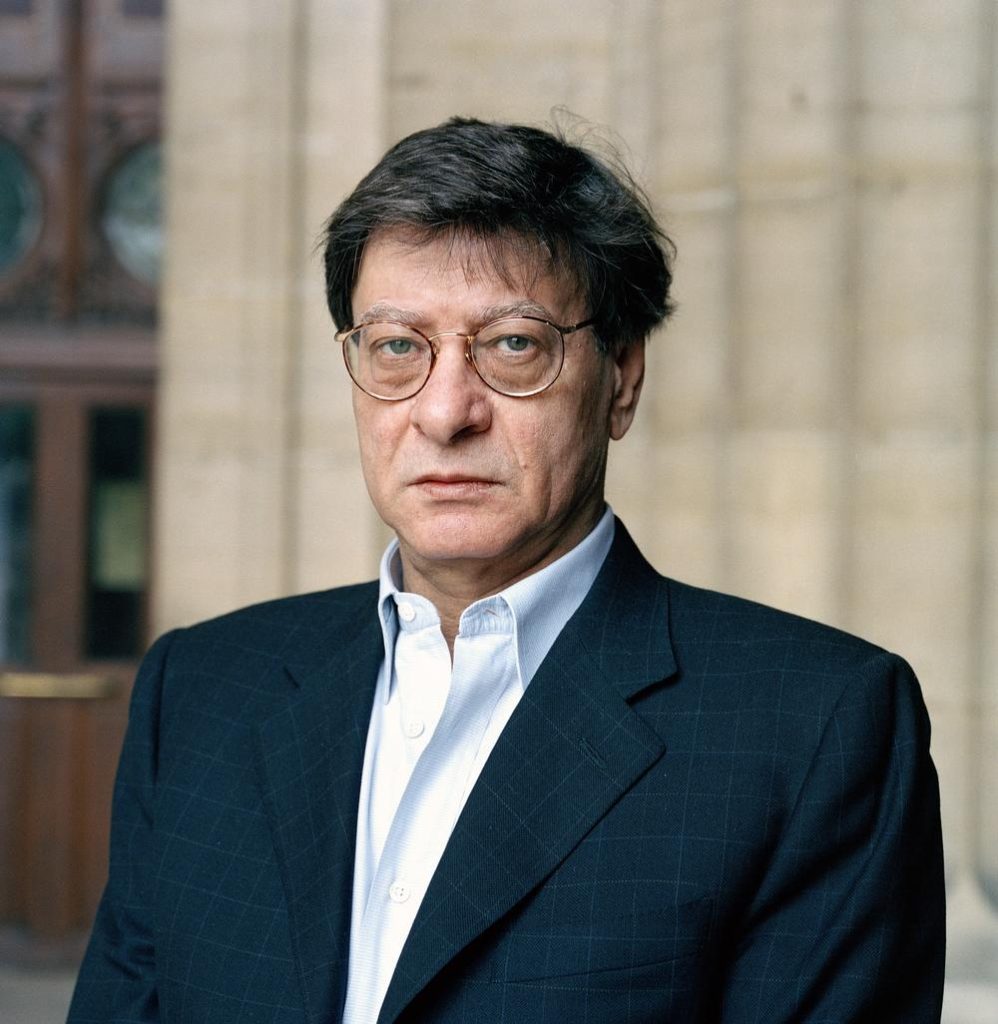March 21 is World Poetry Day, it has been since it was declared by UNESCO in 1999 “With the aim of supporting linguistic diversity through poetic expression and increasing the opportunity for endangered languages to be heard.”
Surely there is an abundance of poets globally that represent their homeland and advocate for its culture and defend its heritage from ever being lost and forgotten. And what better poet that encompasses all of that and more to celebrate this day remembering him, other than Mahmoud Darwish. The Palestinian national poet whose legacy and memory lives on and on just as the suffering and longing of his people will do because of his works and words.
The Poet

Mahmoud Darwish was born on March 14, 1941, in al-Birwa. He witnessed the Israeli occupation from its early beginnings which shaped his ideology, poetry, writing style, and political views. He was a thinker and an empath, a voice for the unheard. His talent was prevalent from the start, starting to write poetry about the suffering of the Palestinians and Nakba at the young age of 17, then went on publishing his first book of poetry titled “Wingless Birds” when he was only 19 years old.
It comes as no surprise that he was also immersed in literature and writing since the beginning of his career, working as an editor for several periodical magazines in Palestine back at the time such as Al-Jadid, Al-Fajr, Shu’un Filistiniyya, and Al-Karmel. that‘s beside 30 volumes of poetry and eight books of prose over his literary career before he passed away on August 9, 2008, after a long battle with heart issues.
The Poetry
His poetry style-wise varied from monorhythmic, traditional Arabic poetry, then switched to freeform, free-vers style in 1970. This move was a revolution in the strict Arabic poetry scene. Other Iraqi poets who started the movement of free-verse in Arabic poetry before him such as Badr Shakir al-Sayyab and Nazik Al-Malaika but Darwish helped solidify it in Arabic poetry with his unique, specific wording and personal, flexible language.
Meaning-wise, however, politics and the suffering of the people because of it, were always front and center in Darwish’s works no matter the style. Many of his poems caused a lot of controversies back in the day, and probably still do in the context of the present day and the injustices caused by the IDF towards Palestinians.
In 1988, in his poem “Passers Between the Passing Words” Darwish was accused of demanding that the Jews leave Palestine because of the lines “So leave our land/Our shore, our sea/Our wheat, our salt, our wound.”
In 2016, one of his most famous poems, “Identity Card” from 1965 was broadcasted on Israeli radio and caused a major backlash for the radio channel because of the lines:-
Write down:
I am an Arab
Robbed of my ancestors’ vineyards
And of the land cultivated
By me and all my children.
Nothing is left for us and my grandchildren
Except these rocks…
Will your government take them too, as reported?
Therefore,
Write at the top of page one:
I do not hate people,
I do not assault anyone,
But…if I get hungry,
I eat the flesh of my usurper.
Beware…beware…of my hunger,
And of my anger.
The Pondering

On this poetry day, there is always a conversation to be had, a pain to be felt, as the hammer of words shatters the mirror of illusions to unforgiving reality. Words from a poet as great and monumental as Mahmoud Darwish, that milds his personal pain with the collective pain of his people and kept it alive long after his passing away for us to never forget what happened. it is up to us to keep his memory of the memory he kept, alive.




